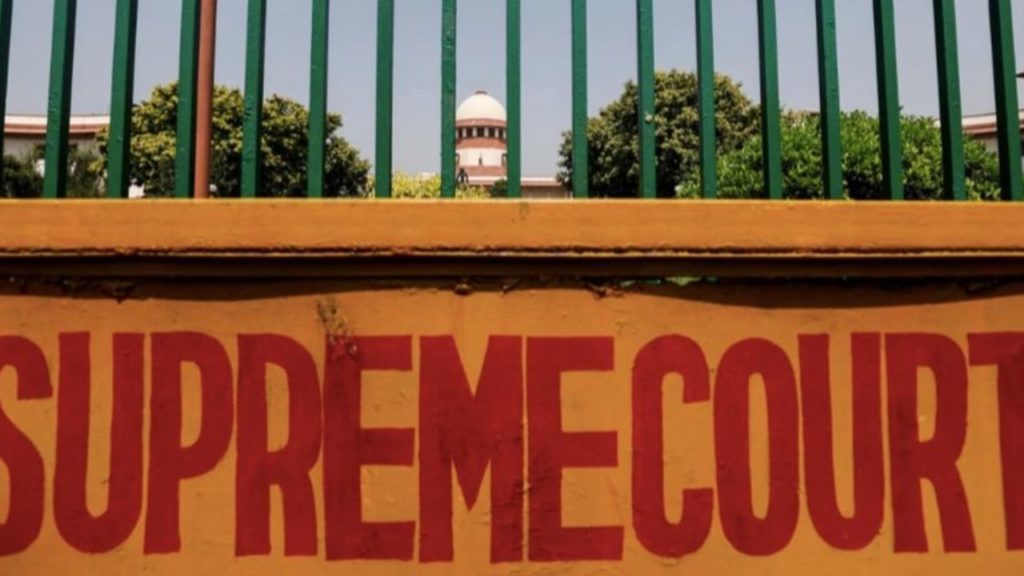
Right since March 27, when the central bank RBI announced a 3-month moratorium period for EMI payments, payable between March 1 and May 2020.
This was done to provide relief to the ones facing trouble paying their EMIs on loans, due to the coronavirus hit economy.
The moratorium period was further extended for another 3 months by RBI on May 23 and borrowers could defer paying their EMIs until August 31.
Two days back on Sep 2, we covered a detailed follow up on what can you expect post August 31, along with the details that RBI can (maybe) extend the moratorium period for another 2 years, we informed you that SC will be hearing on this matter in September.
What’s the Latest Report on this Issue?
The Supreme Court has been receiving numerous petitions by borrowers to waiver the interest on their EMIs, accrued (cumulated) over the loan moratorium period.
Not only do these borrowers want to defer their EMIs in the moratorium period but they also don’t want to pay their interests on this deferred EMI.
On hearing such petitions, the SC notified that moratorium and waiving off penal interest cannot go hand in hand.
It asked the RBI to look into this issue.
Also, in an interim order generated by Justice Bhushan, banks are ordered to not declare any account as a non-performing asset (NPA) for another 2 months, provided such accounts are not declared NPA as on August 31.
RBI Against Waiving off Interest on Installments
The Solicitor General Tushar Mehta, representing the Centre and the RBI argued on waiving off interest, saying that doing so will risk the financial viability of banks, in turn jeopardizing the interests of the depositors.
He also added that the whole idea of deferring the EMI on loans was to ease the financial burden due to Covid and not to waive-off any interest on the loan repayment.
He had also sent a circular on August 6 to the SC bench, consisting a detailed on restructuring of loans by the RBI, which would answer the concerns raised by petitioners.
Mehta commented, “We cannot look at recovering the economy by ignoring the banking sector, so that they do not become financially unstable. This is indeed a difficult way forward.”

Comments are closed, but trackbacks and pingbacks are open.